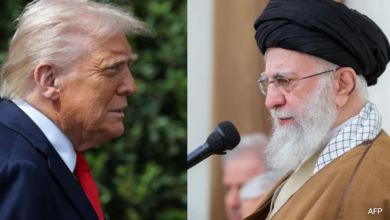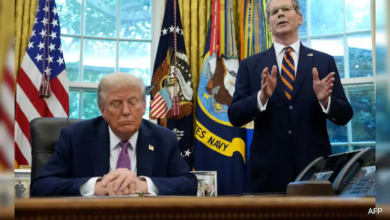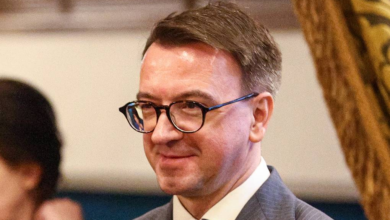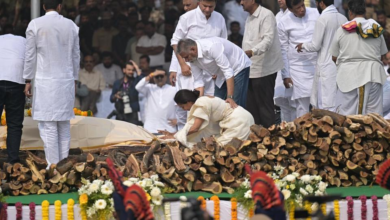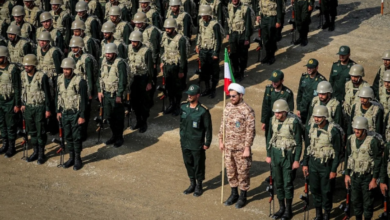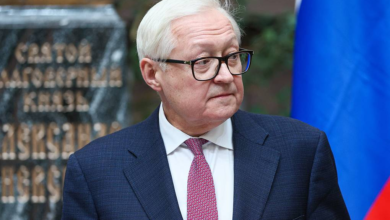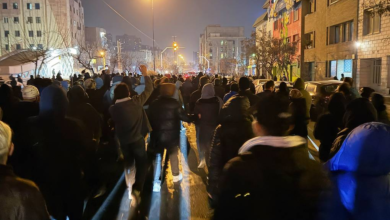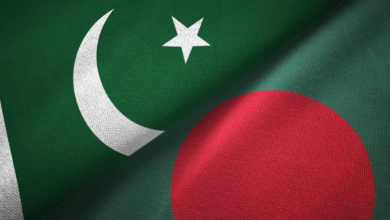Shadows of the 1974 Lahore Summit: A Legacy of Unnatural Ends for Muslim Leaders
Over the years, several analysts, scholars, and observers have questioned the mysterious and often violent ends of these leaders.
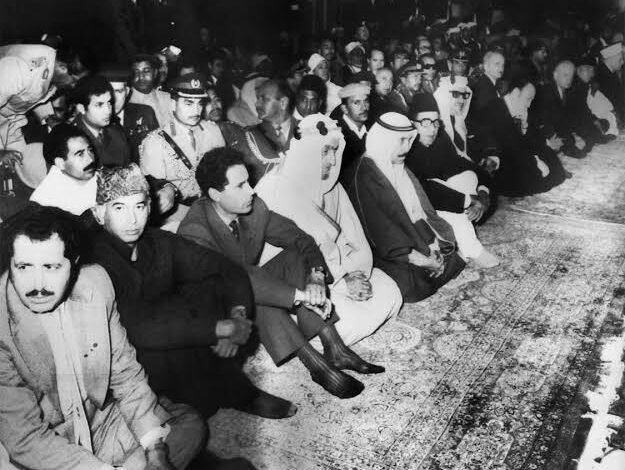
By TTOR News | June 25, 2025
Shadows of the 1974 Lahore Summit: A Legacy of Unnatural Ends for Muslim Leaders
The 2nd Islamic Summit Conference of the Organisation of Islamic Cooperation (OIC), held in Lahore, Pakistan from February 22 to 24, 1974, was hailed as a historic gathering of Muslim unity. Leaders from across the Islamic world gathered under one banner to discuss issues of mutual concern — from the Palestinian struggle to oil diplomacy. But history appears to have dealt a tragic and suspicious fate to many of those prominent figures who stood together on that stage.
Over the years, several analysts, scholars, and observers have questioned the mysterious and often violent ends of these leaders. The pattern — where nearly all of them were either assassinated or died under suspicious circumstances — has led to growing speculation that the unity formed at Lahore posed such a geopolitical threat that Western powers allegedly orchestrated a dismantling of this alliance.
Let’s look at the fates of some of the towering leaders who were present in Lahore and what befell them in the years following.
1. King Faisal bin Abdulaziz Al Saud – Saudi Arabia
-
Date of Death: March 25, 1975
-
Cause: Assassinated by his nephew Faisal bin Musaid.
Just one year after the Lahore summit, King Faisal, a key figure in oil diplomacy and Palestinian advocacy, was shot dead. He had played a decisive role in the oil embargo of 1973, which challenged the West economically. His assassination shocked the Arab world, and theories remain rife that Western intelligence had a hand in influencing the killer.
2. Sheikh Mujibur Rahman – Bangladesh
-
Date of Death: August 15, 1975
-
Cause: Assassinated in a military coup.
Sheikh Mujib, the founding father of Bangladesh, was killed along with most of his family members. His independent foreign policy, outreach to Muslim nations, and his warming ties with Arab leaders reportedly irked both local and international players. The coup that killed him marked a sharp turn in Bangladesh’s politics away from his secular and progressive vision.
3. Zulfikar Ali Bhutto – Pakistan
-
Date of Death: April 4, 1979
-
Cause: Judicial execution following a controversial trial.
The host of the 1974 summit, Bhutto was ousted in a military coup by General Zia-ul-Haq in 1977 and later executed. Bhutto’s ambition to lead the Muslim world, his nuclear aspirations, and his anti-imperialist rhetoric made him unpopular in Western capitals. Declassified documents suggest covert US displeasure with his policies.
4. Anwar Sadat – Egypt
-
Date of Death: October 6, 1981
-
Cause: Assassinated during a military parade by Islamist militants.
While initially celebrated for leading Egypt in the 1973 war against Israel, Sadat’s subsequent peace treaty with Israel (Camp David Accords, 1978) isolated him in the Arab world. However, conspiracy theories suggest that even his peace overtures didn’t protect him from orchestrated threats, especially as he had too much influence over both East and West.
5. Muammar Gaddafi – Libya
-
Date of Death: October 20, 2011
-
Cause: Brutally killed after a NATO-backed uprising.
One of the most vocal critics of Western hegemony, Gaddafi had long warned of plots against Muslim unity. His push for a gold-backed African currency, calls for a pan-African Islamic alliance, and rejection of Western banks reportedly made him a marked man. His death in the chaos of the Arab Spring, after direct NATO involvement, was viewed by many as the final chapter of a long-standing Western vendetta.
6. Saddam Hussein – Iraq
-
Date of Death: December 30, 2006
-
Cause: Executed after a US-led invasion.
Although controversial, Saddam’s efforts to strengthen Iraq’s position in the Arab world and his vocal support for Palestine brought him into direct confrontation with the US. After the invasion of Iraq in 2003 under false pretenses of weapons of mass destruction, he was captured, tried, and hanged — an execution many saw as a symbolic message to other defiant leaders.
7. Yasser Arafat – Palestine
-
Date of Death: November 11, 2004
-
Cause: Allegedly poisoned; still officially listed as undetermined.
The iconic leader of the Palestinian struggle, Arafat had faced repeated assassination attempts throughout his life. His sudden illness and death in a French hospital led to suspicions of polonium poisoning — a theory supported by some forensic analyses. He had long accused Israel of plotting to kill him.
A Chilling Pattern
All of these leaders, once united in Lahore in 1974 to assert Muslim power and solidarity, ended up meeting unnatural or highly suspicious deaths — assassinations, hangings, poisonings, or coups. Critics argue that this is no coincidence but a systematic dismantling of a potential Islamic bloc that could have challenged Western economic and military dominance, particularly concerning oil, Israel, and global policy.
Today, the current Iranian Supreme Leader Ayatollah Ali Khamenei stands almost alone among the few leaders who speak with the same bold defiance against Western powers. In many eyes, he now embodies the last remaining echo of that Lahore summit spirit.
As history reflects on the chain of events post-1974, the question lingers — was the unity formed in Lahore too powerful to be left standing?
Member Countries:The OIC has 57 members.
Afghanistan , Albania, Azerbaijan, Bahrain, Bangladesh, Benin, the United Arab Emirates (UAE), Brunei Darussalam, Burkina Faso, Algeria, Djibouti, Chad, Indonesia, Morocco, Cote d’Ivoire, Palestine, Gabon, Gambia, Guinea, Guinea Bissau, Guyana, Iraq, Iran, Cameroon, Qatar, Kazakhstan, Kyrgyzstan, the Comoros, Kuwait, Libya, Lebanon, Maldives, Malaysia, Mali, Egypt, Mauritania, Mozambique, Niger, Nigeria, Uzbekistan, Pakistan, Senegal, Sierra Leone, Somali, Sudan, Surinam,
Syria
- Saudi Arabia, Tajikistan, Togo, Tunisia, Türkiye, Turkmenistan, Uganda, Oman, Jordan, Yemen.
- Syria’s membership, which had been suspended at the 4th Extraordinary OIC Summit in 2012, was reinstated at the Extraordinary OIC – CFM meeting on Gaza, held in Jeddah on 7 March 2025.
Observer Countries: The Organization has 5 Observer Countries: Turkish Republic of Northern Cyprus (by the name of Turkish Cypriot State), Bosnia and Herzegovina, Central African Republic, Russian Federation, Thailand.
Türkiye’s Membership status:Türkiye has been a member since the establishment of the Organization.
Representation of Türkiye within the OIC:Türkiye decided to establish a Permanent Representation to the OIC by the Decree of the Council of Ministers dated 22 May 2014 and the Permanent Representative Office was inaugurated in Jeddah on 24 July 2015.
© TTOR News International
Note: The views expressed in this article reflect popular theories and historical analysis and are not conclusive legal findings.
